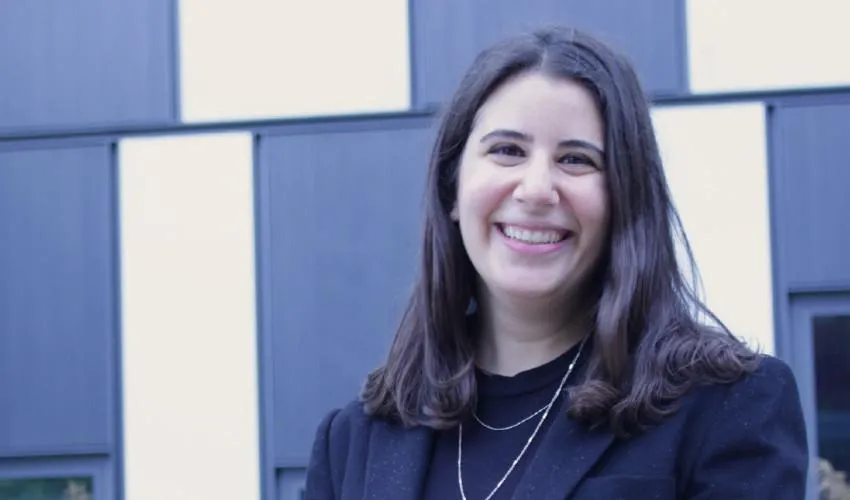
Burcak Bas Honored by the American Marketing Association
Bocconi PhD graduate Burçak Bas is the recipient of an honorable mention for this year's John A. Howard/AMA Doctoral Dissertation from the American Marketing Association for her dissertation chapter Why Do Consumers Condemn and Appreciate Experiments?
Burcak Bas obtained her PhD cum laude in Business Administration and Management (with specialization in Marketing) from Bocconi in 2022, with her dissertation that revisits "consumer aversions" in the domains of scientific methods and charitable giving. Burçak Bas is currently Assistant Professor of Marketing at the Institute for Marketing & Consumer Research at the Vienna University of Economics and Business.
In the first chapter of her dissertation that tackles public perceptions of experiments, Burçak Bas, with her Bocconi PhD advisor Joachim Vosgerau and Rachele Ciulli (Wharton), finds that consumers can condemn and appreciate almost identical experiments, based on their lay beliefs about the existence of a "best practice" – abstract ideas according to which an established set of "best" principles, particular ways, and ethical guidelines are believed to exist: when consumers strongly believe in a best practice, conducting an experiment is perceived as a violation of this standard, leading to what is called "experiment aversion."
For instance, respondents rated a physician's treatment of patients with hypertension as acceptable, regardless of whether all patients were prescribed Drug A or Drug B. However, respondents were opposed to the physician conducting an experiment in which half of the patients were prescribed Drug A and the other half Drug B. Importantly, when an experiment is instead described as discovering a new best practice, such as finding a cure for a disease that has no known treatment, consumers tend to have a positive view, a new finding called "experiment appreciation."
This research has important implications for decision makers on how to communicate experiments to the public.